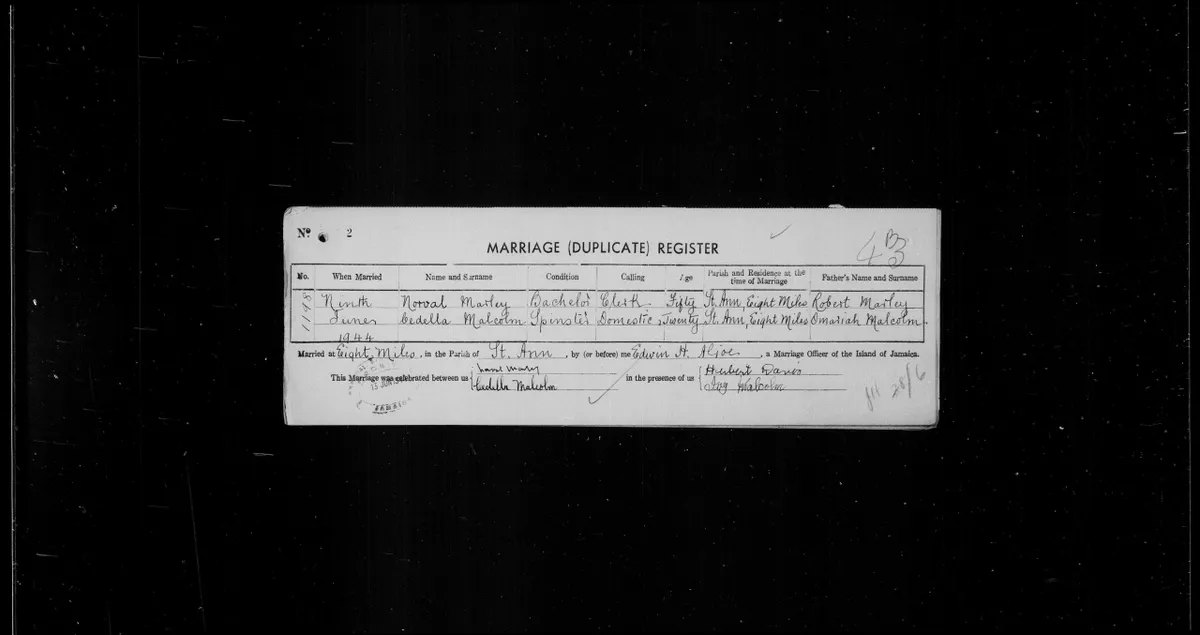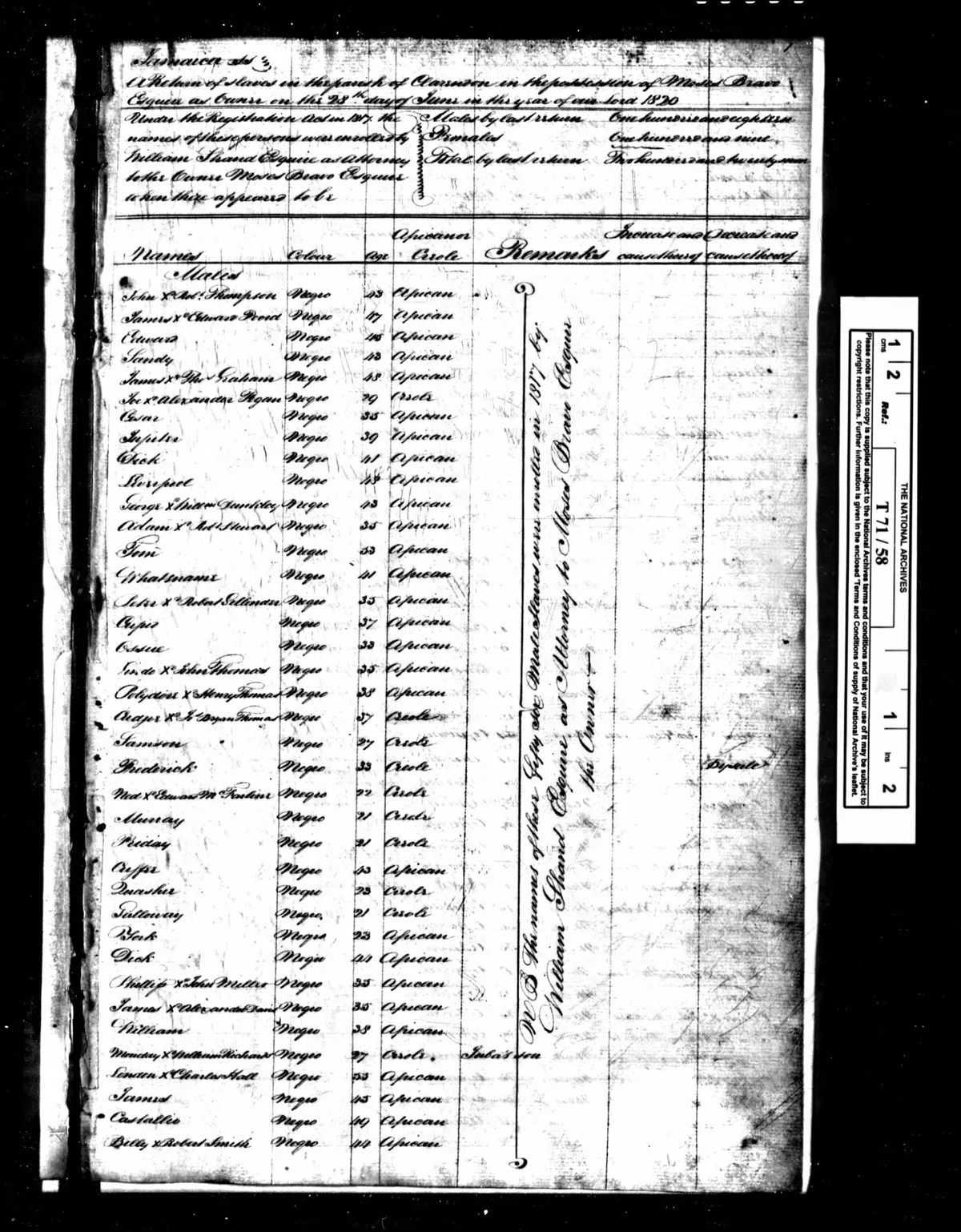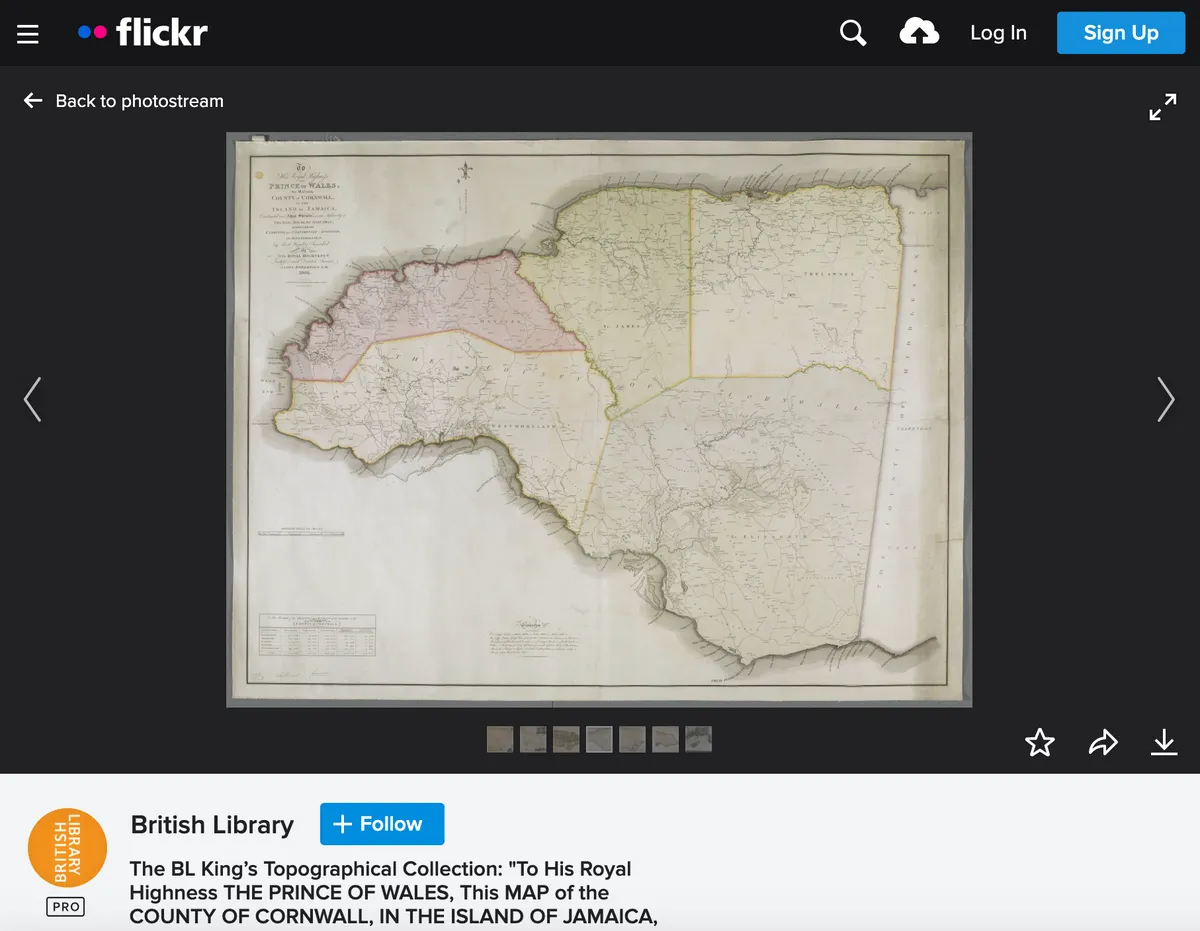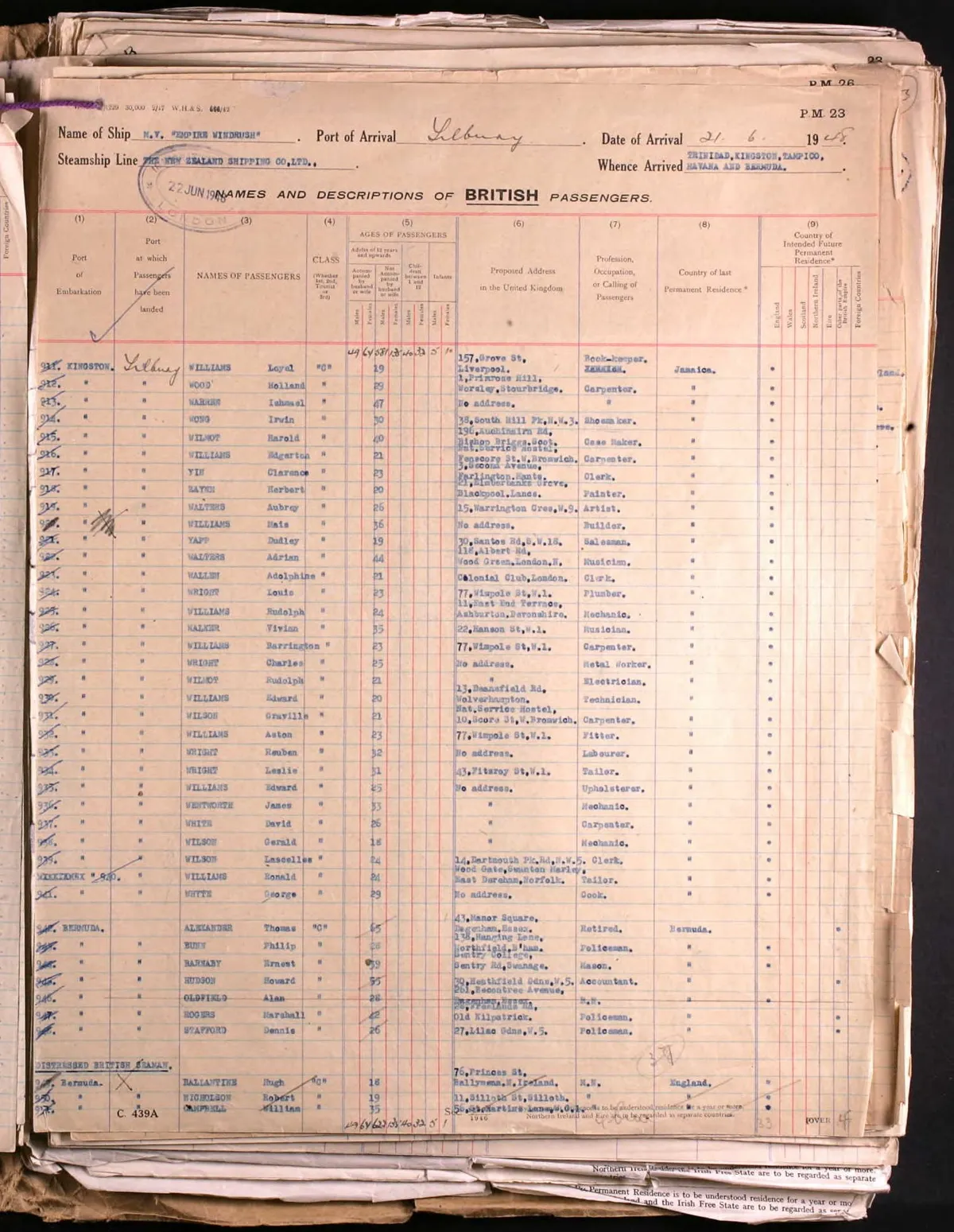The national motto of Jamaica is ‘Out of many, one people’, hinting at a remarkable diversity of cultures. If you have Jamaican ancestry, you may well be linked to many of the groups who have called this Caribbean country home over the centuries, including indigenous people, African former slaves, Spanish and British colonialists and Chinese and Indian indentured labourers. Although Jamaica has fewer surviving family history records than Britain, these resources will still help you trace your Jamaican ancestry.
Jamaican ancestry: Key records
Church records and cemeteries
Baptism, marriage and burial records are crucial for discovering the dates of key events in your Jamaican ancestors' lives. The earliest religious groups active in Jamaica were Catholics and Sephardic Jews during the Spanish occupation. The Church of England arrived with the English. By 1661 there were 15 parishes, and eventually 22, amalgamated to 14 today. The parishes came under the jurisdiction of the Bishop of London until 1824 when the Diocese of Jamaica was formed.
Existing records of these parishes have been digitised and indexed in a collection called 'Jamaica, Church of England Parish Register Transcripts 1664–1880', which is available on FamilySearch and continually updated. The transcribed text is available on Ancestry without images, and Findmypast with images, but the most up-to-date version with images is on FamilySearch.
Almost every nonconformist faith has had a presence in Jamaica as have Roman Catholics, Jews and Quakers. The best online source for these records is Patricia Jackson’s site Jamaican Family Search.
There are a surprising number of memorial inscriptions and cemetery records for the country. Many of them exist as books or pamphlets, but the best online source is again Jamaican Family Search.
Civil records

Civil registration is another important resource for tracing Jamaican ancestry. Civil records began in 1878 for births and deaths and 1880 for marriages, but actually started as much as four years later in some parishes. As expected, the information provided on the entries is the same as that for English and Welsh birth, marriage and death certificates.
The records that are available online are births for 1878-1930, deaths for 1878–1990, and marriages for 1880–1950, although some parishes have entries a few years later than these dates, especially for deaths. Some years are missing in some parishes.
Transcriptions appear on Ancestry, and you can find transcriptions with images on FamilySearch. The FamilySearch transcriptions and images have also been shared with Findmypast and MyHeritage.
You will need to contact the Registrar General’s Department in Kingston for later birth and marriage entries.
Census records
Unlike in Britain, there were no regular censuses taken in the Caribbean, so you will not be able to find where your Jamaican ancestors lived in the census. An exception is a census for 1823 for the parish of Hanover on Jamaican Family Search.
Census substitutes include the Jamaica Almanacs containing both civil and military individuals, and a small selection of historical trade directories. Transcriptions of individuals in these are also available on Jamaican Family Search.
Military records
Your Jamaican ancestors may well have served in the armed forces in the First and Second World Wars, or in the Merchant Navy. Unfortunately those not of British parentage suffered frequently both as a group and as individuals from racial discrimination, and few black soldiers ever became officers.
Service records for all Jamaicans should be sought in the usual collections such as British Army Service Records, British Army First World War Casualty Lists and British Army Casualty Lists 1939–1945, all of which can be found on Findmypast and many are also on Ancestry.
Newspapers
Jamaican old newspapers date back to the 18th century. Searching them for your Jamaican ancestors' names may turn up all sorts of interesting articles about them, including birth, marriage and death notices, advertisements for their businesses and reports of court cases.
The Kingston Gleaner and sister title the Sunday Gleaner both started life in 1834 as the Daily Gleaner and can be searched online for free, although you will need to take out a subscription to read the full articles. A one-day subscription costs $9.95. The Kingston Gleaner is full of the kind of treasures we all hope for: names of people graduating, sports reports, accidents and events, legal notices as well as birth, marriage and death notices.
The Royal Gazette of Jamaica 1779–1840 is available on Findmypast and the British Newspaper Archive, with most of its coverage now free to view. The newspaper includes many adverts selling slaves.
There are many transcriptions of personal items on the Jamaican Family Search website for 1793 and 1794, and for a handful of other years with useful genealogical information.
Slavery records

Sadly, few records survive from the slavery era that include the slaves' names. However, if your Jamaican ancestors were enslaved after 1813 they may appear on the Slave Registers, which were established after the slave trade was abolished in 1807 to track 'legally' owned slaves.
Slave registers are available on Ancestry for free in the collection Former British Colonial Dependencies, Slave Registers, 1813–1834. The registers, which cover all of the British Caribbean islands, constitute a crucial census for those who were enslaved.
A great deal of information about estates, individuals, maps and legacies (such as country houses built on Caribbean wealth) is held by the Centre for the Study of the Legacies of British Slavery at University College London. This gives access to the history of estates, entries in the Jamaica Almanac, slave compensation claims, etc.
The two collections complement each other, so you can use details from a slave register to find out further information on the UCL database.
Jamaican Manumission of Slaves registers (1747-1838) have been digitised by the British Library as part of their Endangered Archives project and contain certificates of enslaved people who were granted their freedom. The volumes are free to view on the British Library website and have a basic index at the front of each volume, although entries are sorted by the surname of the enslaver. Some people granted their freedom are only identified by a first name but other details are sometimes included in the certificate such as details of children as the certificate had to make it clear who had been granted their freedom.
A digital index of the Manumission of Slaves Registers, 1747-1779 has recently been added to Findmypast. This enables you to search the records using the name of the enslaved person or the enslaver with results leading to the images hosted on the British Library's website.
Old maps of Jamaica online

There are a number of old maps of Jamaica available online with a good selection at Old Maps Online as well as Jamaican Family Search. There is a useful blog from the British Library on their holdings, many of which have now been digitised and put online. Maps have now been added to the Legacies of British Slavery website so you can find out where hundreds of estates were based. There are also 30 detailed estate maps on the Library of Congress website taken from sales particulars of some of the bigger Jamaican estates.
Wills and probate records
The Prerogative Court of Canterbury, which is the main resource for English and Welsh wills before 1858, also holds some Jamaican wills, which are worth searching for your ancestors. These are listed for 1655–1810 in Volume 2 of the Digital Library of the Caribbean. Indexes to wills can be found on Jamaican Family Search.
Passenger lists

Many of our Jamaican ancestors emigrated to Britain in search of a better life. Passenger lists from 1878 to 1960 are held at The National Archives in their BT 26 series, however this collection is also available online at Ancestry. If your relative was part of the Windrush generation you will be able to find their name, age, proposed address in the UK and occupation. Using this information, you may be able to take your research back further in Jamaica.








